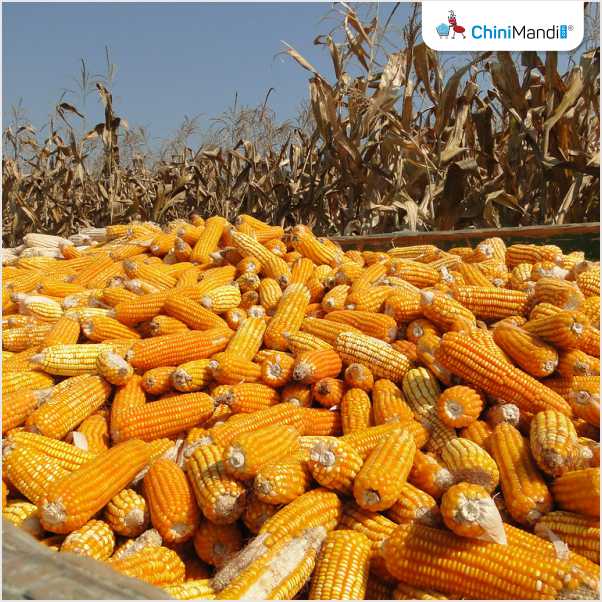In a significant move aimed at stabilizing farm incomes and ensuring fair market prices, the Maharashtra government has launched an agricultural hedging desk in Pune as part of the first phase of the Balasaheb Thackeray Agribusiness and Rural Transformation (SMART) Project.
The desk will initially focus on cotton, turmeric, and maize, crops that are critical to farmers in the state. According to a statement from the Chief Minister’s Office (CMO), the initiative is set to expand to include more crops over time.
Developed in partnership with the National Commodity & Derivatives Exchange (NCDEX) and its research arm, the NCDEX Institute of Commodity Markets and Research (NICR), the hedging desk aims to shield farmers from losses caused by unpredictable price fluctuations in the market.
Chief Minister Devendra Fadnavis called the move a major milestone for the agriculture sector, stating that it would help reduce risk and increase financial resilience among farmers.
“Hedging, like a fence protecting a farm, safeguards farmers from the risks caused by price fluctuations in the market. Its main purpose is to reduce the risks arising from potential price drops in the future. Farmers can also benefit from options trading, which allows them to lock in favourable prices,” the statement noted.
The decision to establish the hedging desk follows recommendations by the World Bank and forms part of a broader project implementation strategy. The desk will offer training and guidance to farmers and Farmer Producer Organisations (FPOs) on how to participate in the commodity futures market effectively.
While crop insurance and modern techniques have provided some protection, price volatility continues to be a major challenge for farmers who often have little control over the market.
To address this, the state has set up a centralized Agricultural Hedging Desk in Pune to provide technical expertise and market access. It will work closely with FPOs and Cluster-Based Business Organisations (CBBOs) to train over 3,000 farmers in hedging strategies and commodity risk management.
In addition to training, the desk will offer real-time market intelligence, including updates on supply-demand dynamics and global pricing trends. The initiative also encourages FPOs to establish local storage facilities to improve farm-level logistics and reduce post-harvest losses.
A dedicated risk management cell will be set up to analyze different types of market risk and develop mitigation plans. This cell will publish annual risk assessment reports for key crops such as cotton, maize, and turmeric, offering data-driven insights, forecasts, and policy recommendations.
As part of the program, at least 50 FPOs engaged in the production and marketing of these crops will be registered and supported to participate in the futures trading market.
Special emphasis will be placed on supporting farmers and FPOs in major crop-growing regions including Hingoli, Washim, Sangli, Yavatmal, Akola, Nanded, Amravati, Chhatrapati Sambhajinagar, and Beed.
Headquartered in Pune, the project has now commenced operations across the state.


















